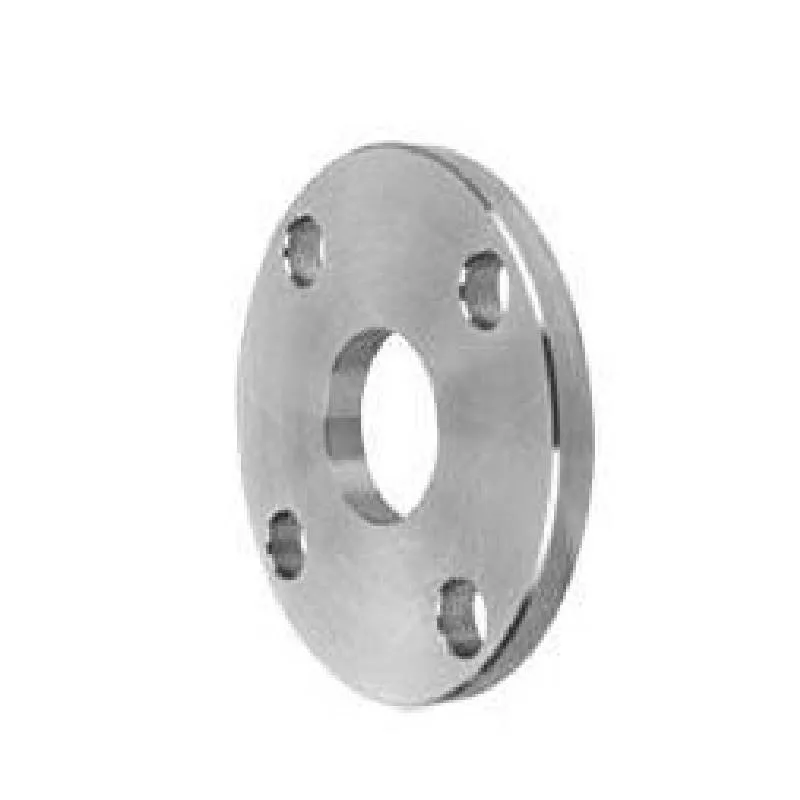-
Cangzhou Yulong Steel Co., Ltd.
-
Phone:
+86 13303177267 -
Email:
admin@ylsteelfittings.com
- English
- Arabic
- Italian
- Spanish
- Portuguese
- German
- kazakh
- Persian
- Greek
- French
- Russian
- Polish
- Thai
- Indonesian
- Vietnamese
- Zulu
- Korean
- Uzbek
- Hindi
- Serbian
- Malay
- Ukrainian
- Gujarati
- Haitian Creole
- hausa
- hawaiian
- Hebrew
- Miao
- Hungarian
- Icelandic
- igbo
- irish
- Japanese
- Javanese
- Kannada
- Khmer
- Rwandese
- Afrikaans
- Albanian
- Amharic
- Armenian
- Azerbaijani
- Basque
- Belarusian
- Bengali
- Bosnian
- Bulgarian
- Catalan
- Cebuano
- China
- China (Taiwan)
- Corsican
- Croatian
- Czech
- Danish
- Esperanto
- Estonian
- Finnish
- Frisian
- Galician
- Georgian
- Kurdish
- Kyrgyz
- Lao
- Latin
- Latvian
- Lithuanian
- Luxembourgish
- Macedonian
- Malgashi
- Malayalam
- Maltese
- Maori
- Marathi
- Mongolian
- Myanmar
- Nepali
- Norwegian
- Norwegian
- Occitan
- Pashto
- Dutch
- Punjabi
- Romanian
- Samoan
- Scottish Gaelic
- Sesotho
- Shona
- Sindhi
- Sinhala
- Slovak
- Slovenian
- Somali
- Sundanese
- Swahili
- Swedish
- Tagalog
- Tajik
- Tamil
- Tatar
- Telugu
- Turkish
- Turkmen
- Urdu
- Uighur
- Welsh
- Bantu
- Yiddish
- Yoruba

Dec . 02, 2024 08:04 Back to list
Slip On Flange Class 150 Specifications and Applications Guide
Understanding Slip-On Flange Class 150
Slip-on flanges are a crucial component in piping systems, especially in industries like oil and gas, water treatment, and chemical processing. Among the various types of flanges available, Class 150 slip-on flanges are particularly common due to their versatility and reliability. In this article, we'll delve into what slip-on flanges are, the specifications of Class 150 flanges, their advantages, and applications.
What is a Slip-On Flange?
A slip-on flange is designed to slip over the end of a pipe. This design enables easy alignment and ease of installation, making it a preferred choice in many industries. The flange is then welded both inside and outside to ensure a leak-proof seal. Slip-on flanges can be manufactured from various materials, including carbon steel, stainless steel, and alloy steel, allowing them to be used in different environments, from high-pressure systems to corrosive settings.
Specifications of Class 150 Slip-On Flanges
The designation Class 150 pertains to the pressure-temperature rating of the flange. The Class 150 flanges are suitable for moderate pressure applications, with a maximum pressure rating of 150 psi at 100 degrees Fahrenheit. As temperature increases, the pressure rating decreases according to ANSI (American National Standards Institute) standards.
Class 150 flanges typically feature a 1/16-inch raised face, which enhances the surface area for sealing. They are produced according to the ASME B16.5 standard, which defines dimensions and tolerances to ensure compatibility with various pipe sizes and types. Common materials for Class 150 slip-on flanges include ASTM A105 for carbon steel and ASTM A182 for stainless steel, ensuring reliability and durability under service conditions.
Advantages of Slip-On Flanges
1. Easy Installation One of the primary benefits of slip-on flanges is their ease of installation. The flange can be easily slipped onto the pipe, making alignment straightforward before welding.
2. Cost-Effective Slip-on flanges tend to be more cost-effective than other types of flanges, such as blind or weld neck flanges, partly due to their simpler manufacturing process.
3. Versatility Slip-on flanges can be used with a wide range of pipe sizes and materials, making them suitable for various applications without the need for extensive modifications.
slip on flange class 150

5. Welded Connection The ability to weld both inside and outside of the flange provides a strong, leak-proof seal, which is essential in maintaining the integrity of the piping system.
Applications of Class 150 Slip-On Flanges
Class 150 slip-on flanges are widely used in several industries, including
- Oil and Gas Due to their ability to handle moderate pressures and their corrosion resistance, these flanges are commonly used in oil and gas pipelines where reliability and safety are paramount.
- Water and Wastewater Treatment Slip-on flanges are popular in water treatment facilities because they can be easily integrated into existing systems and provide a strong, leak-proof connection.
- Chemical Processing In chemical processing plants, the ability to use these flanges in corrosive environments (when made from appropriate materials like stainless steel) makes them ideal for various applications.
- HVAC Systems Slip-on flanges are used in heating, ventilation, and air conditioning systems for easy connection of pipes.
Conclusion
Class 150 slip-on flanges are essential components in many piping systems, offering a combination of ease of installation, cost-effectiveness, and reliability. Understanding their specifications and advantages can help engineers and project managers make informed decisions when designing and maintaining infrastructure. Whether in the oil and gas sector, chemical processing, or HVAC applications, Class 150 slip-on flanges continue to play a vital role in ensuring the integrity and efficiency of piping systems.
Latest news
-
ANSI 150P SS304 SO FLANGE
NewsFeb.14,2025
-
ASTM A333GR6 STEEL PIPE
NewsJan.20,2025
-
ANSI B16.5 WELDING NECK FLANGE
NewsJan.15,2026
-
ANSI B16.5 SLIP-ON FLANGE
NewsApr.19,2024
-
SABS 1123 FLANGE
NewsJan.15,2025
-
DIN86044 PLATE FLANGE
NewsApr.19,2024
-
DIN2527 BLIND FLANGE
NewsApr.12,2024
-
JIS B2311 Butt-Welding Fittings LR/SR 45°/90° /180°Seamless/Weld
NewsApr.23,2024











